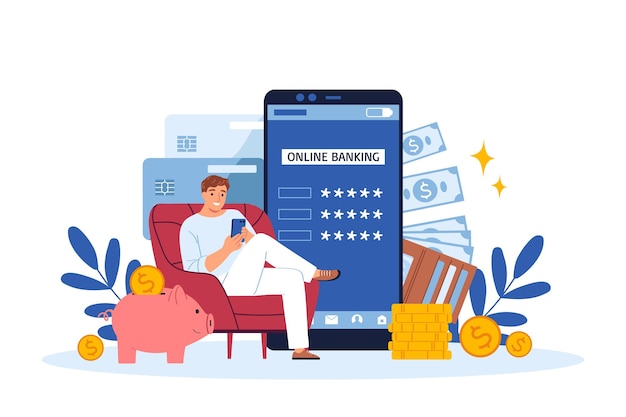
Cultivating good financial habits is crucial, and a key practice among these is to pay yourself first. I adopted this approach when I was battling to clear my debts, and it truly made a noteworthy difference. It means prioritizing saving by promptly setting aside a fraction of your income as soon as your paycheck arrives. Under this philosophy, managing all your bills and living expenses before setting aside money for yourself could be a flawed approach.
While you undeniably have needs and desires, by paying yourself first, you place your present and future welfare at the forefront. In my experience, paying myself first has assisted me in paying off debts sooner while simultaneously managing to save. Although this wasn’t literally me ‘paying myself first’, allocating additional funds towards my debt saved me interest in the longer run.
Moreover, it facilitated my journey towards gaining more financial freedom, which is something I cherish. Making it a priority to pay myself first even allowed me to build an initial small emergency fund while I was working on clearing my debt.
If I had postponed making additional debt payments and savings contributions until I had managed all my monthly bills and expenses, I probably would not have been left with sufficient funds to make substantial progress.
Despite the undeniable benefits of paying oneself first, some advise forgoing budgeting entirely if one is saving, paying off debt, and making investments first. I am not entirely in agreement with this notion. Here’s why.
A BUDGET IS A STRATEGIC FINANCIAL PLAN
Though not everyone is fond of budgeting, it is indispensable and need not be daunting. A budget is merely a strategic financial plan that you have absolute control over. It enables you to decide how and where you want to allocate your money based on your conditions.
By paying yourself first, you tend to your most critical financial goals as soon as your income arrives, letting go of the worry about finding money to save and invest later in the month. But that doesn’t mean there aren’t other elements that demand budgeting. If you skip budgeting after paying yourself first, you won’t have a clear notion of what remains to cover your other expenditures like housing, groceries, and insurance. That’s why both practices—budgeting and paying yourself first—are crucial to achieve financial success.
Budgeting also helps you monitor all your income and expenses, leading to an understanding where you can comfortably afford to pay yourself first. For example, if you notice you’re spending $200 per month dining out while you assigned only $100 in the budget, you can redirect the extra $100 to other expenses or use it to pay yourself first. Hence why it’s important to continue tracking your income and expenses as it only enhances your financial advancement. Use tools like Personal Capital, which offers an easy way to view all your financial accounts in one place for free, to keep track of your expenses.
NO RULE FOR STRICT BUDGETING
A common notion among people who choose paying themselves first as an alternative to budgeting is the desire to escape the strenuous line-by-line budgeting method that most people detest. However, it is essential to understand there are no hard and fast rules dictating that your budget has to be rigid, or you can’t splurge a bit, or rebuke yourself over overspending your grocery budget by $15.
These stipulations are self-imposed, making budgeting a stressful task. When it comes to paying oneself first, it indeed looks simpler and easier to manage compared to the meticulous line-by-line budgeting. For instance, if you have a post-tax monthly income of $4000, and your savings and investments total $1200, would you consider the remaining $2800 to be expendable on your whims?
Perhaps not. Even if you’re doing a great job saving money, it’s still vital to plan on how to spend the rest. Especially when there are recurring expenses and the occasional unexpected ones. If you haphazardly spend the leftover money, you run the risk of falling short when it comes to an expense of importance, thereby leading to adverse consequences.
PAYING YOURSELF FIRST IS A TYPE OF BUDGETING
Completely replacing your existing budget with the ‘pay yourself first’ strategy might not be the best idea because this practice is essentially a type of budgeting itself. Besides providing relief, it’s less stringent and often results in a healthier savings account.
However, remember to design a rough spending plan for the remaining funds and routinely track your income and expenses. Don’t let your financial management make you feel deprived or uneasy, and you can strike a balance between the two practices.
Do you follow the strategy of paying yourself first? What are your thoughts on budgeting? [source link to SmartAsset.com]


